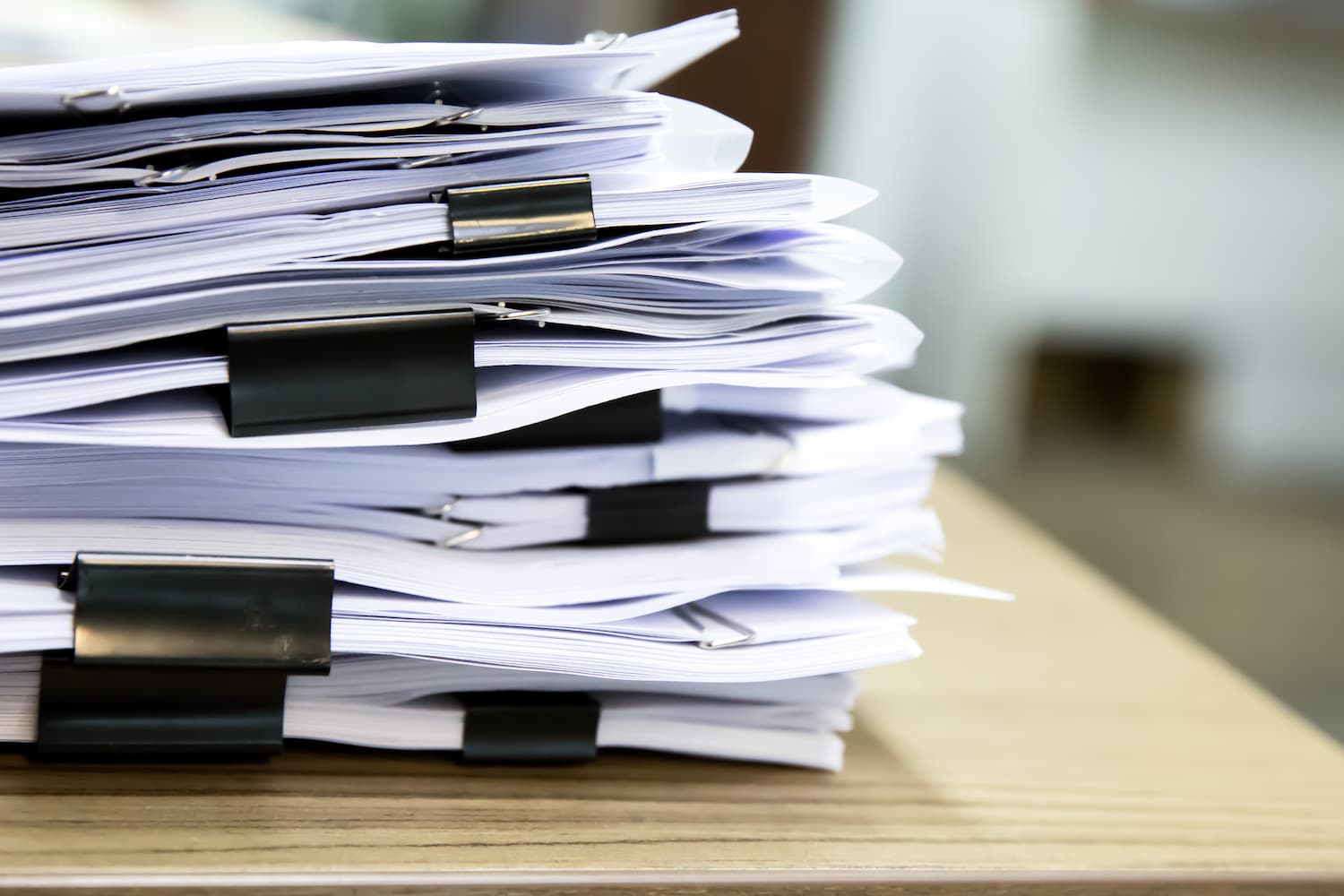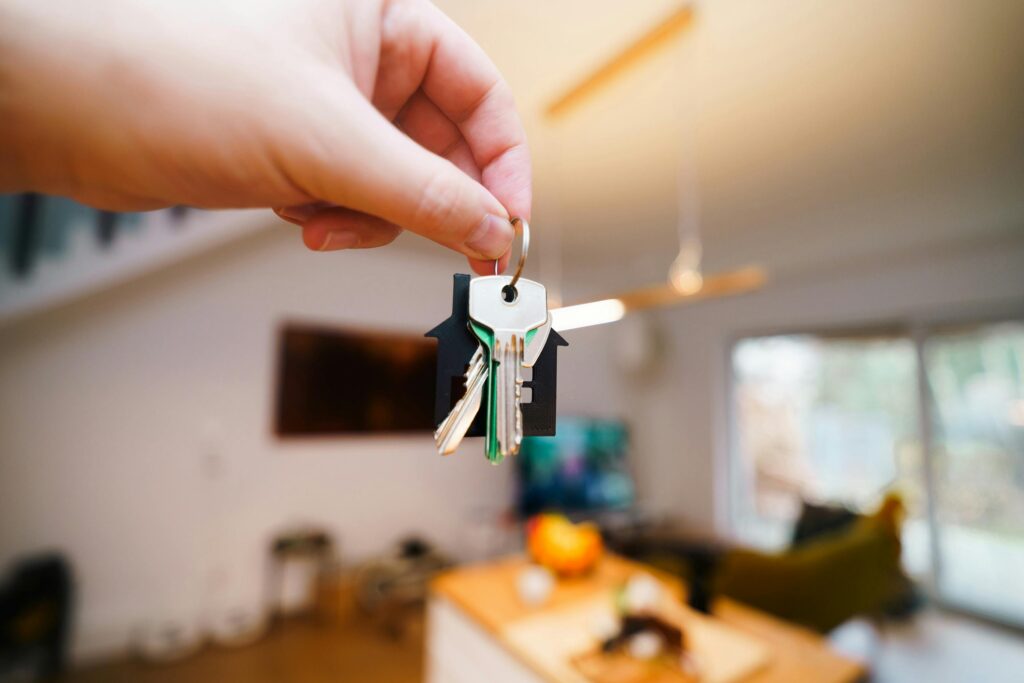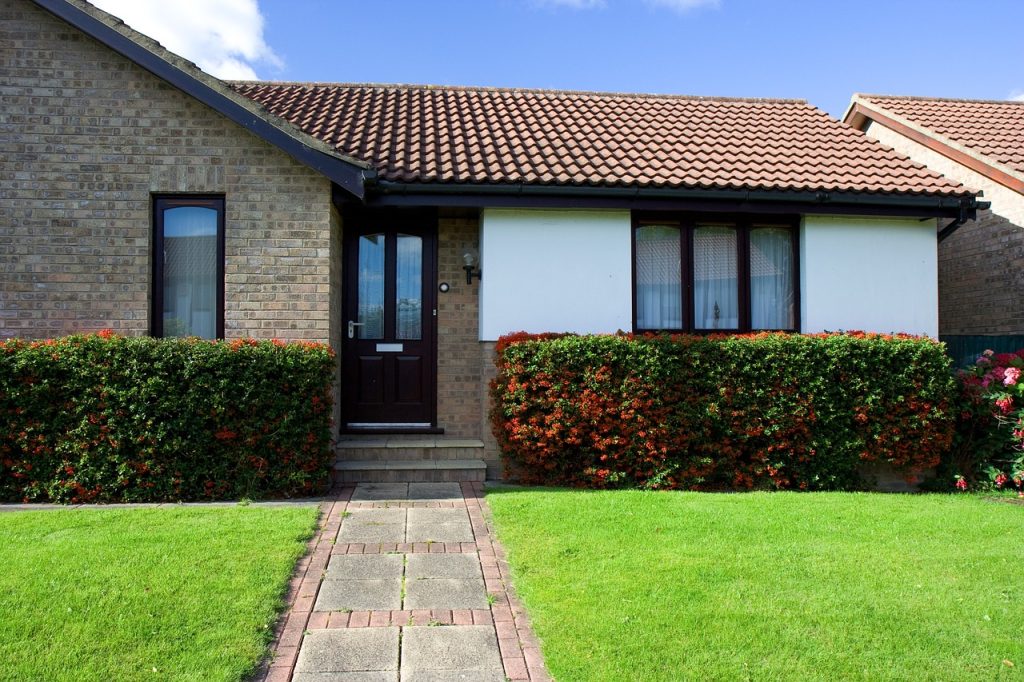Legal Documents Needed to Sell Your Home

Estimated reading time 7 minutes
When you’re getting ready to sell your home, knowing which paperwork is needed can be challenging. And there’s a lot of paperwork involved!
You may be asking what certifications are needed to sell your home. If you’re not sure which certificates are necessary, then read on. We’ve put together information on what’s required to have when selling your property.
What are Certificates for Selling a Home?
The term “certificate” refers to documents used to prove the property's characteristics. The certificates may be digital or paper. These documents are also sometimes referred to as a “guarantee.”
The certificates are required for legal and safety reasons for the proof of the claims you’re making. For instance, you may tell a potential buyer that a new roof was recently put on the house. However, your word on this is not enough legally. The certificate backs up your claim that the roof is new. These documents are also proof that a reputable company conducted the checks.
While it can be challenging to find all the certificates you need, an estate agent is also responsible for finding the legal and safety certifications required to sell your home.
Legal Certifications
Certifications usually are a legal requirement. The reason is that the buyer and their estate agent must have proof of your claims about the property. This is a legal requirement, and you must show proof of your claims.
No buyer will make a purchase without legal certifications. Without these certifications, prospective buyers could be concerned about being in a property chain or that the property is not able to be sold.
What Certificates are Needed to Sell Your Home?
You need to have an understanding of what certificates are needed to sell your home. The sale goes smoother and faster with certificates because there are no delays.
Here’s the list of certificates you’ll need to sell your house.
1. Proof of Identity
Proof of your identity will be required to work with an estate agent or a cash buying company. Proof of identity means you have the authority to sell the home, except in the case of probate property. Proof of identity also ensures you’re not selling the home as a way to launder money.
What’s more, an estate agent is liable if they don’t verify proof of identity. They could be liable for breaking anti-money laundering regulations and be subject to serious penalties, especially if the home's sale is unlawful.
Proving your identity doesn’t have to be complicated. You will need two forms of identity and proof of address with two of the following:
- Utility bill
- Photographic evidence
- Bank statement
- Driver’s licence
- Passport
2. Title Deeds
When your identity has been proven, the next step is proving you are the true owner of the property and that you have the authority to sell it. This is where you’ll need the title deed. A title deed is a certificate that includes past and present ownership of the property and the related land.
If you came into ownership of the property after 1986, you or your solicitor would need to find the title deed. However, if you can’t find them, then the estate agent can apply for official title deeds through the Land Registry.
On the other hand, if you bought the property before 1986, it can be more challenging if you cannot find the title. In that case, it’s necessary to apply for a Title Absolute from the Land Registry. This is a document that proves you legally own the property and that it’s freehold. This process can take some time.
3. Energy Performance Certificate
Next, you must have an energy performance certificate (EPC); without this, you won’t be able to sell your home. An energy performance certificate is essential. This document provides information about your home’s CO2 impact on the climate. The certificates are made by an accredited Domestic Energy Assessor. You will have to give the assessor permission to access each room in your home. They will take photos, measure, and inspect the heating system before granting an EPC.
The EPC covers these two factors about your home:
- The level of CO2 the property produces annually
- The amount of energy used per m2.
The EPC is valid for ten years. So, if you have an EPC from before you owned the property, see if the certificate is still valid. If the certificate is older, it is required that you have it renewed.
4. Leasehold Information Pack
Another critical certificate is a leasehold information pack. In this case, it’s necessary to get in touch with your landlord or the management company in order to get a leasehold information pack. This certificate includes information about the leasehold agreement, which includes service charges, ground round, building insurance, the freehold itself, and any disputes relating to the property.
The leasehold information pack usually costs between £350 to £500.
The share of freehold / leasehold documentation is necessary if you have a share of the freehold. If you are in this situation, then additional certificates may be needed.
What’s more, if you have a leasehold property, it’s necessary to get a copy of the lease. You can get this from the landlord or the management company. And keep in mind this may take some time.
6. Fixtures & Fittings Form (TA10)
The fixtures & fittings form certifies what will be removed from the house and what will remain after the sale is final. The form usually includes things like:
- A greenhouse
- Shed
- Lamps
- Free-standing wardrobes
- Kitchen appliances
- And more
Accurate completion of this form can eliminate future disputes.
7. Proof of Your House Repayments
It is required that you provide proof of your repayments to sell the home. This can also include providing proof of pending finance.
It’s necessary to prove your account details and the remaining amount owed on the house. The certificate also needs to include information on charges and loans taken out on the property.
8. The Property Information Form (TA6)
This form provides information of details the potential buyer needs to know about the property. It can take between 24 hours and a month to get all the information together for this form. However, most authorities have started automating their searches, which can help limit the time it takes.
9. Offer Acceptance
This document is confirmation of the offer and that it’s been accepted. This is when you’ll need to sign the Transfer of deeds, which is preparatory to finalising the sale. The estate agent will oversee these before the contracts are exchanged.
Additional Certificates Need for a Home Sale
There are additional certificates that are needed for a home sale, including:
- Electrical certificate
- Gas certificate & gas safety record
Summing It Up
It can be challenging to obtain all the certificates on your own. However, a reputable estate agent or cash buying company will be able to guide you through the entire process enabling you to sell your house fast, and with less stress.
Remember, without these certificates; it’s impossible to sell your home. So make sure to get all of the necessary documentation to ensure your home sale is successful!



